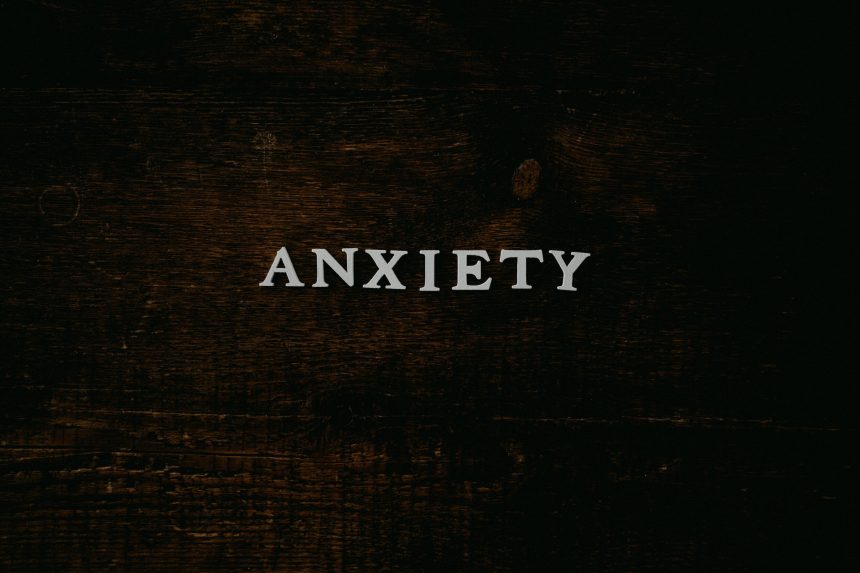Practical Strategies for Navigating the Complex Terrain of Anxiety
Anxiety is a universal human experience, but when it becomes overwhelming and persistent, it can significantly impact daily life. Fortunately, there are a multitude of techniques and strategies that individuals can employ to effectively manage anxiety. In this guide, we will explore evidence-based methods that empower individuals to take control of their mental well-being.
I. Mindfulness and Meditation:
Practicing mindfulness involves being present in the moment, acknowledging thoughts and feelings without judgment. This can be achieved through mindfulness meditation, deep breathing exercises, or yoga. These practices have been shown to reduce anxiety levels and promote a sense of calm and clarity.
II. Cognitive-Behavioral Techniques:
Cognitive-behavioral therapy (CBT) is a widely recognized form of psychotherapy that helps individuals identify and challenge negative thought patterns. By reframing irrational or harmful beliefs, CBT equips individuals with the tools to replace them with more constructive and balanced perspectives.
III. Exercise and Physical Activity:
Regular physical activity has a profound impact on mental well-being. Exercise releases endorphins, chemicals in the brain that act as natural mood lifters. Engaging in activities like jogging, swimming, or yoga not only reduces anxiety but also promotes overall physical health.
IV. Progressive Muscle Relaxation (PMR):
PMR is a technique that involves tensing and then relaxing different muscle groups in the body. This process helps release physical tension, which is often a physical manifestation of anxiety. By systematically relaxing muscles, individuals can experience a deep sense of relaxation and relief. When applying this technique it’s best to start at the top of your head and work your way down to your toes then work your way back up.
V. Breathing Techniques:
Conscious breathing exercises are a powerful tool for managing anxiety in the moment. Techniques like diaphragmatic breathing or the square breathing technique help regulate the body’s stress response, promoting a sense of calm and balance.
VI. Establishing a Routine:
Structure and predictability can provide a sense of stability and security, particularly for individuals struggling with anxiety. Establishing a daily routine helps create a sense of order and control over one’s environment. Try to create a routine where you get up around the same time of the day and go to bed around the same time of night. In the evening, create a habit of shutting off your devices and allowing yourself time to decompress before going to bed.
VII. Creative Outlets:
Engaging in creative activities like art, music, or writing can be a therapeutic way to express and process emotions. These outlets offer a means of self-expression and can serve as a powerful tool for managing anxiety.
VIII. Seeking Professional Support:
Professional help, such as therapy or counseling, can provide invaluable guidance and support in managing anxiety. Trained mental health professionals can offer personalized strategies and techniques tailored to individual needs.
Conclusion:
Effectively managing anxiety is a dynamic and individualized process. By incorporating a combination of these techniques into their lives, individuals can take meaningful steps towards reclaiming their mental well-being. It’s important to remember that seeking professional support is a sign of strength, and there is a wealth of resources available to help individuals on their journey towards a more balanced and fulfilling life. Together, through education and support, we can foster a more empathetic and understanding society for those navigating anxiety.
Counselling & Psychotherapy Sessions Available to help you manage your anxiety. Reach out to Reflective Soul Counselling. Online/Virtual and in person sessions available in Kelowna, BC. Contact Coleen at 250-300-6215



